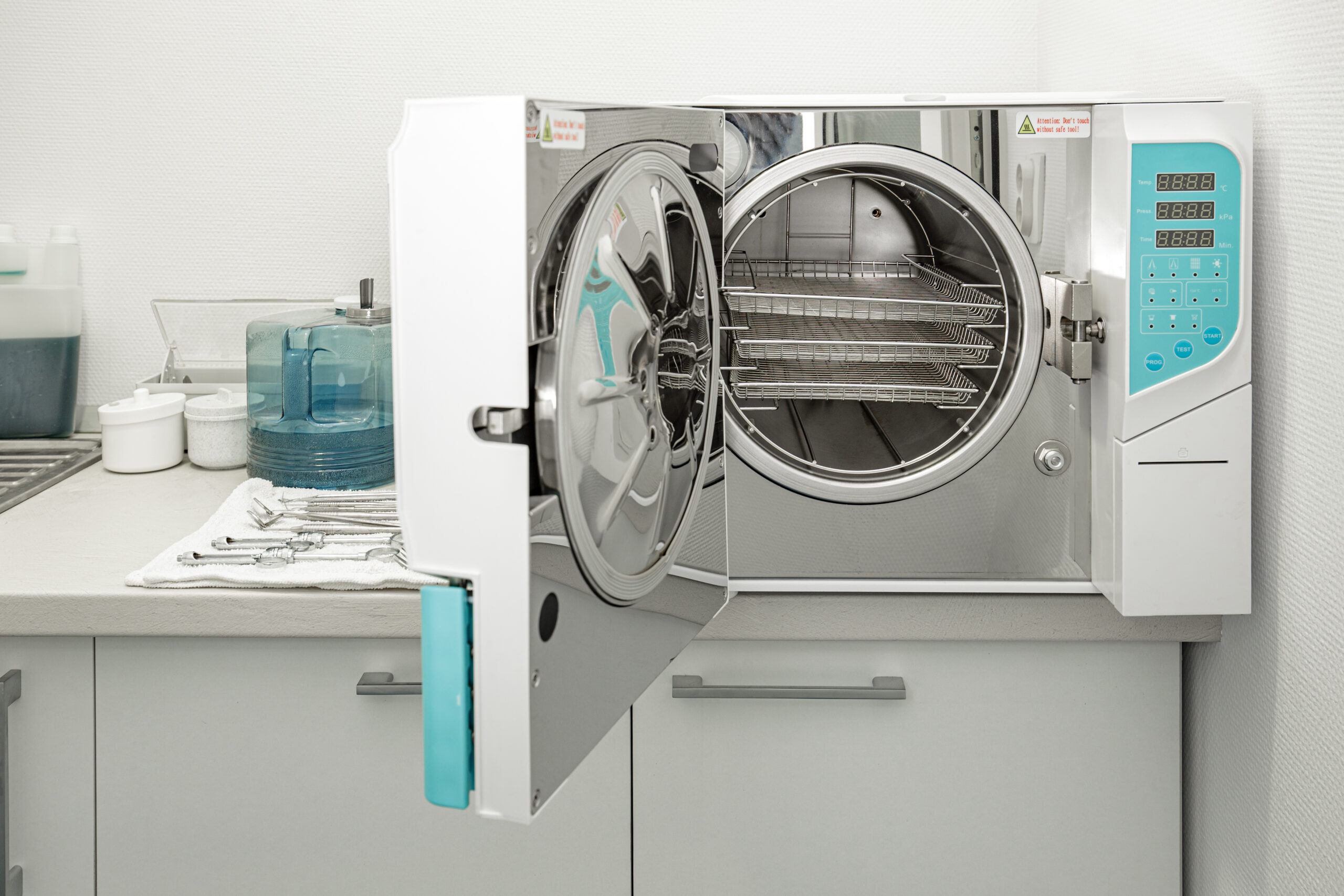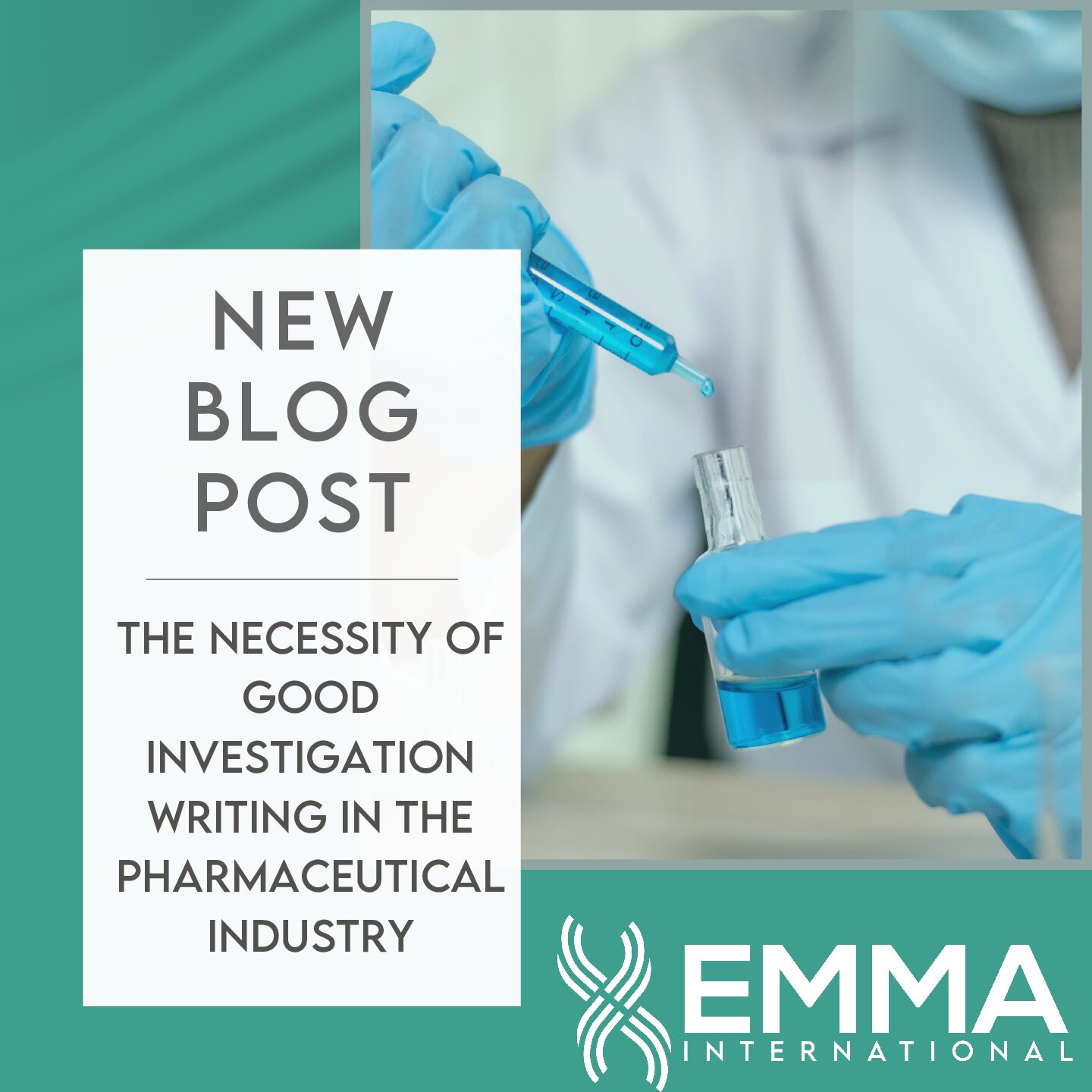Environmental sustainability is no longer a peripheral concern but a central theme influencing industries worldwide, including the medical device and pharmaceutical sectors. As the urgency to address climate change and environmental degradation grows, these industries are adopting sustainable practices to reduce their ecological footprint. This blog explores how environmental sustainability is reshaping the medical device and pharmaceutical industries, driving innovation, regulatory changes, and corporate responsibility.
The medical device and pharmaceutical industries have historically been resource-intensive, with significant environmental impacts from manufacturing processes, waste generation, and energy consumption. However, increasing awareness of environmental issues and pressure from stakeholders, including consumers, investors, and regulatory bodies, are pushing these industries toward more sustainable practices.
One of the primary areas where sustainability is making an impact is in manufacturing and product design. Companies are re-evaluating their production processes to minimize waste, reduce energy consumption, and lower greenhouse gas emissions. Sustainable manufacturing practices include:
- Energy-efficient production: Implementing energy-saving technologies and renewable energy sources to power manufacturing facilities.
- Waste reduction: Adopting lean manufacturing principles to minimize waste and enhance resource efficiency.
- Sustainable materials: Using biodegradable, recyclable, and eco-friendly materials in product design to reduce environmental impact.
For instance, medical device companies are increasingly exploring the use of biodegradable polymers for disposable products such as surgical instruments and packaging materials, reducing the burden of plastic waste in landfills.
Green chemistry principles are transforming the pharmaceutical industry by promoting the design of chemical products and processes that reduce or eliminate the use and generation of hazardous substances. Key strategies include:
- Eco-friendly synthesis: Developing more efficient synthesis pathways that use fewer hazardous chemicals and generate less waste.
- Renewable feedstocks: Utilizing renewable raw materials instead of fossil-based resources.
- Biocatalysis: Employing biological catalysts (enzymes) to perform chemical reactions under milder conditions, reducing energy consumption and waste.
These practices not only reduce the environmental impact of drug production but also improve process efficiency and cost-effectiveness.
Regulatory bodies worldwide are increasingly incorporating environmental considerations into their frameworks. The European Union’s Green Deal, for example, aims to make Europe the first climate-neutral continent by 2050, impacting various sectors, including healthcare. Regulations such as the Restriction of Hazardous Substances (RoHS) and the Waste Electrical and Electronic Equipment (WEEE) directives are pushing the medical device industry towards more sustainable practices.
Pharmaceutical regulations are also evolving to address environmental concerns. The European Medicines Agency (EMA) and other regulatory bodies are focusing on the environmental risk assessment (ERA) of pharmaceuticals, requiring companies to evaluate the potential impact of their products on ecosystems.
Sustainability is becoming a core component of corporate responsibility. Companies are increasingly publishing sustainability reports, outlining their efforts to reduce environmental impact, promote social responsibility, and adhere to governance standards (ESG criteria). These reports are crucial for transparency and accountability, helping companies build trust with stakeholders and comply with regulatory requirements.
Leading pharmaceutical companies, such as Johnson & Johnson and Pfizer, have set ambitious sustainability goals, including reducing carbon emissions, minimizing waste, and conserving water. Medical device companies like Medtronic and Boston Scientific are also prioritizing sustainability, integrating eco-friendly practices into their operations and product designs.
The concept of the circular economy, which focuses on designing out waste and keeping products and materials in use, is gaining traction in the medical device and pharmaceutical industries. Innovations include:
- Reusable devices: Designing medical devices that can be sterilized and reused, reducing the need for disposable products.
- Take-back programs: Implementing programs to collect and recycle used medical devices and pharmaceutical packaging.
- Closed-loop systems: Developing systems where waste products are repurposed into new materials or energy, creating a closed-loop manufacturing process.
These initiatives not only promote environmental sustainability but also offer economic benefits by reducing material costs and creating new business opportunities.
Environmental sustainability is profoundly impacting the medical device and pharmaceutical industries, driving them towards more responsible and innovative practices. By embracing sustainable manufacturing, green chemistry, regulatory compliance, corporate responsibility, and the circular economy, these industries are not only reducing their environmental footprint but also enhancing their competitiveness and resilience. As stakeholders continue to prioritize sustainability, the medical device and pharmaceutical industries will play a crucial role in fostering a healthier planet for future generations.
At EMMA International, we are deeply committed to integrating environmental sustainability into every aspect of our operations and client services. We prioritize eco-friendly practices, from reducing our carbon footprint through energy-efficient offices and zero-waste initiatives to advising our clients on implementing sustainable solutions that drive both ecological and economic benefits. Our team of experts is dedicated to fostering innovation in sustainability, ensuring that our clients not only meet regulatory requirements but also lead the way in creating a greener, more sustainable future. Call us at 248-987-4497 or email info@emmainternational.com to learn more.






